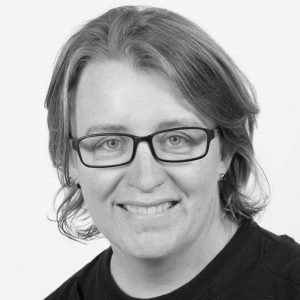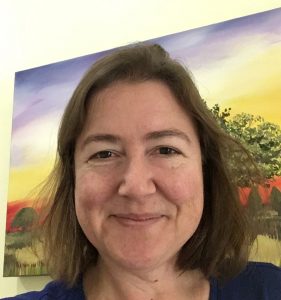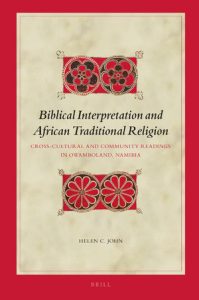Our Project Leader, Professor Louise Lawrence, will be delivering a lecture on the Disability in Namibia project on Tuesday 13th October at 16:30 (GMT) as part of a new lecture series on the role of humanities in contemporary global crises. This is a free event, open to all. Do sign up and find out more about the project.
Visit the University of Exeter website for more details and to sign up to this free event:
https://www.exeter.ac.uk/news/research/title_820048_en.html
The details below are taken from the website:
Professor Louise Lawrence, from the University of Exeter, will discuss “Compassionate Research and Curricula? The Bible, Disability, and Cognitive [In-] Justice”. Showcasing her research project in Namibia, Professor Lawrence will speak about how the academy, and its research and teaching, has been shaped by certain (privileged) perspectives and (able) bodies, and how these can be challenged and reimagined more inclusively.
A new University of Exeter lecture series will examine the role of humanities experts in tackling global crises, including health, the climate emergency and racial injustice.
The online events, free and open to the public, will also showcase discussions on how humanities research can help universities better conduct their global activities and be agents of positive change.
Academics from around the world will bring their varied disciplinary perspectives to modern global events: from the ‘long view’ of history, to compassion-based understanding of human needs, to promoting better intercultural understanding. Amidst so much upheaval, universities can play a leading role in the world but they also need to reckon honestly with some of their imperfections. This forum provides a creative space for such a reappraisal.
Professor Melissa Percival, Associate Dean Global for the College of Humanities, who is organising the events, said: “We are looking forward to hearing from humanities experts who are leaders in their fields about how their disciplines are playing a role in community-building, strategy, partnership and engagement.
“These should be fascinating and important discussions which will help us all reflect on the extraordinary events of this year, and the role of the humanities now and in the future.”
Sessions are hosted by the University of Exeter’s Institute for Cultural Enquiry and will be held on Zoom.
Sign up for the events at: https://www.eventbrite.co.uk/e/global-universities-global-challenges-perspectives-from-the-humanities-tickets-123201112845









